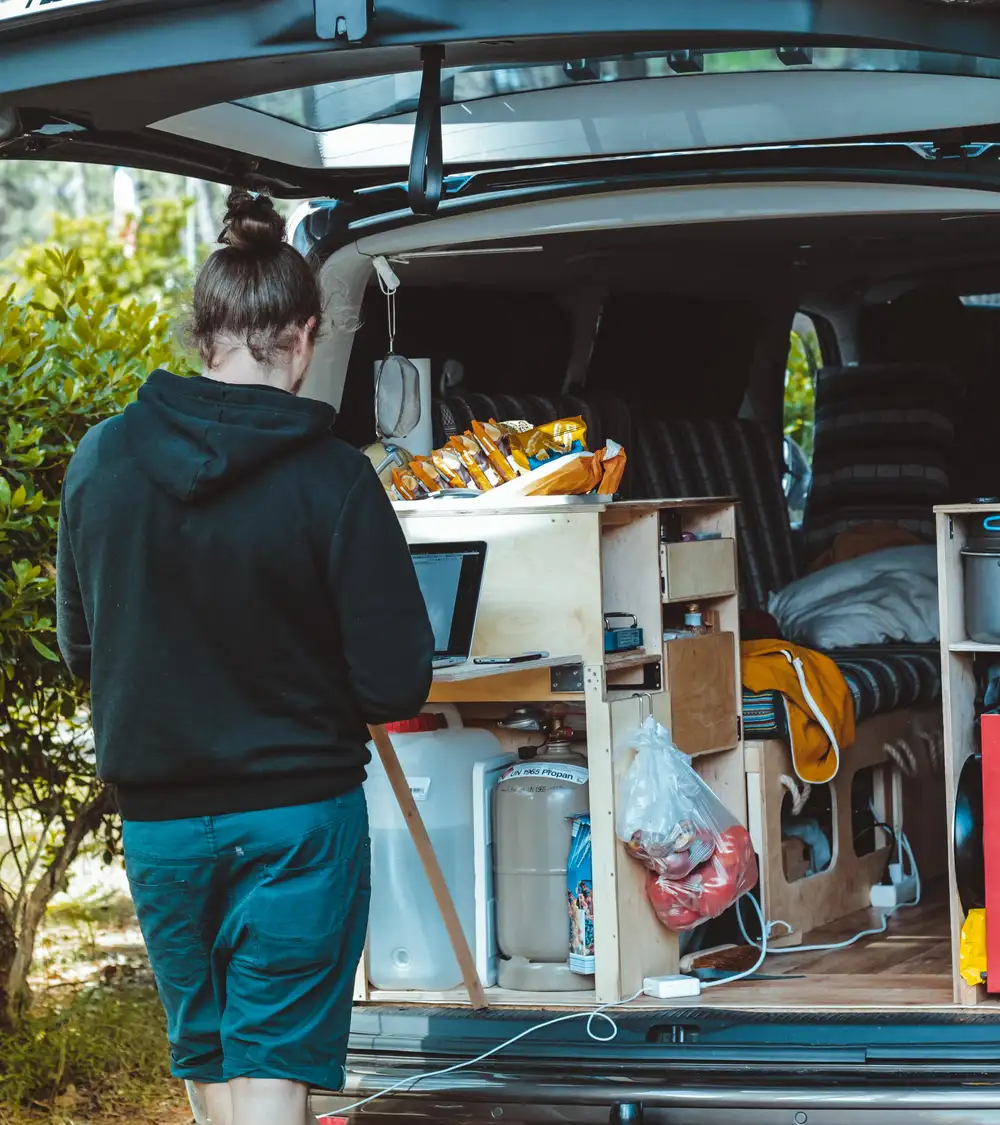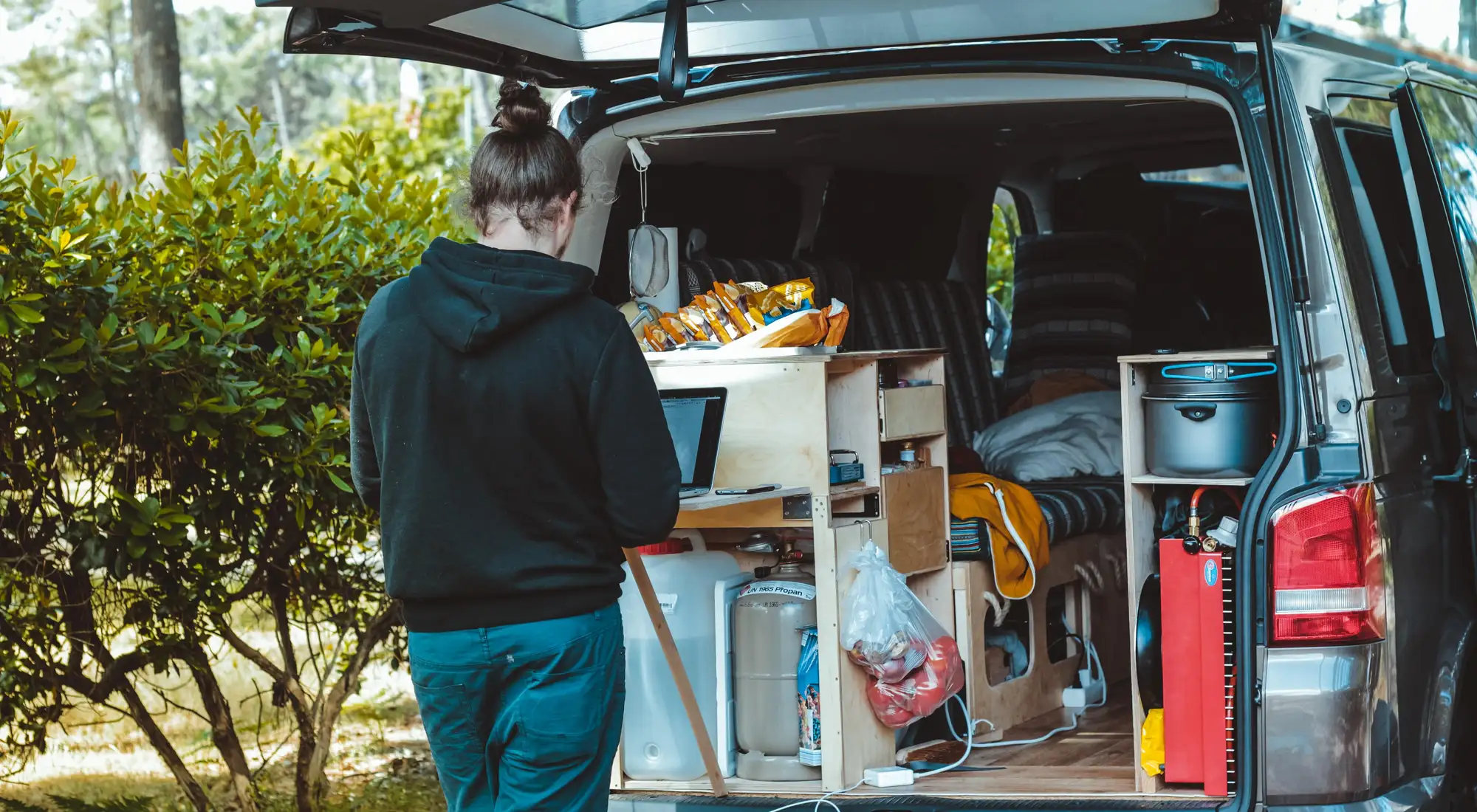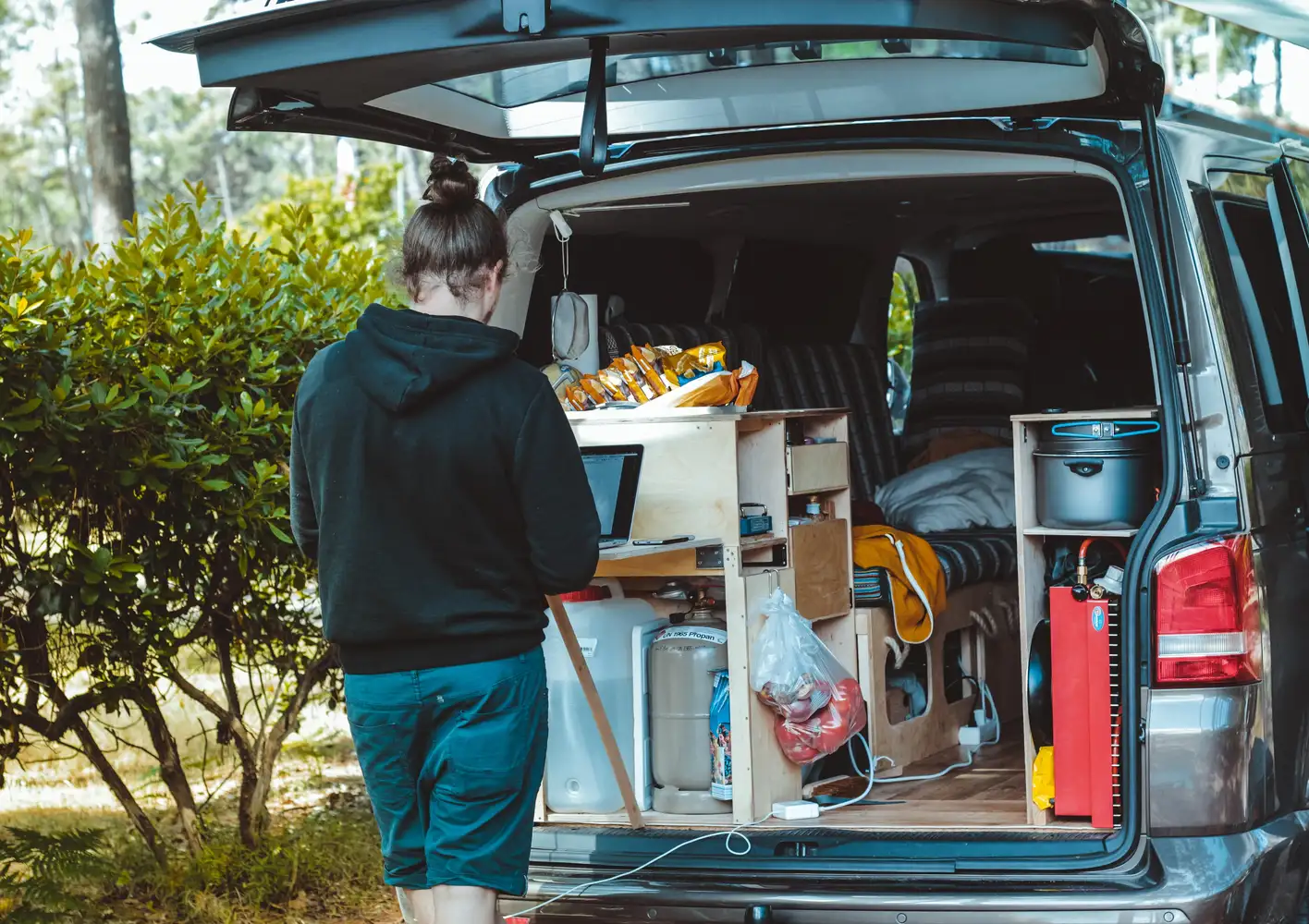Opportunity to lift freedom camping burden from ratepayers welcomed



9 April 2021
LGNZ welcomes the long overdue review of self-contained freedom camping rules announced by Tourism Minister Stuart Nash today.
Local Government New Zealand welcomes the long overdue review of self-contained freedom camping rules announced by Tourism Minister Stuart Nash today.
“Many councils across the country welcome the contribution freedom campers make to local economies,” said LGNZ President Stuart Crosby. “However, since the National-led Government changed the legislation to enable freedom camping for the 2011 Rugby World Cup, we’ve been struggling to manage the impact some campers have on the environment and council budgets.”
“That’s why we support this review – it’s not about banning freedom camping or being a kill joy, but enabling this activity in a way that respects our communities and environment.”
Rotorua Lakes Mayor Steve Chadwick has been pivotal in engaging with central government on tourism as a co-chair of the Responsible Camping Working Group, a member of Tiaki – Care for New Zealand, and more recently as co-chair of the Tourism Futures Taskforce.
As the mayor of a popular tourist destination, she notes that while the majority of campers are responsible campers, regulation is needed to address poor behaviour at the fringe.
“The majority of responsible campers do the right thing by having self-contained vehicles, disposing of their waste in the right way, and aren’t going out of their way to burden anyone,” said Mayor Chadwick.
“But as the Minister has pointed out, our system means that someone has to carry the cost, and that’s often ratepayers, and additionally there are those who aren’t abiding by our Tiaki values. This consultation is important in setting out the boundaries to address these issues.”
“We will be interested in the allocation of resource to enforce any new regulations, as that shouldn’t be another burden on our ratepayers, who see none of the GST or other taxation benefits, but carry the regulatory costs.”
“It’s not about campers paying more, it’s about them taking care of their own social, cultural and environmental impacts, by having their vehicles and gear up-to-scratch. We think that this can be a win-win situation for everyone.”